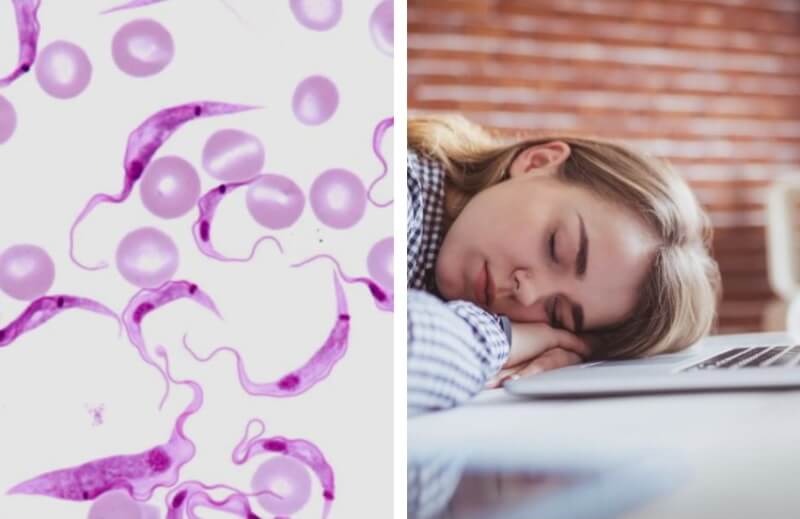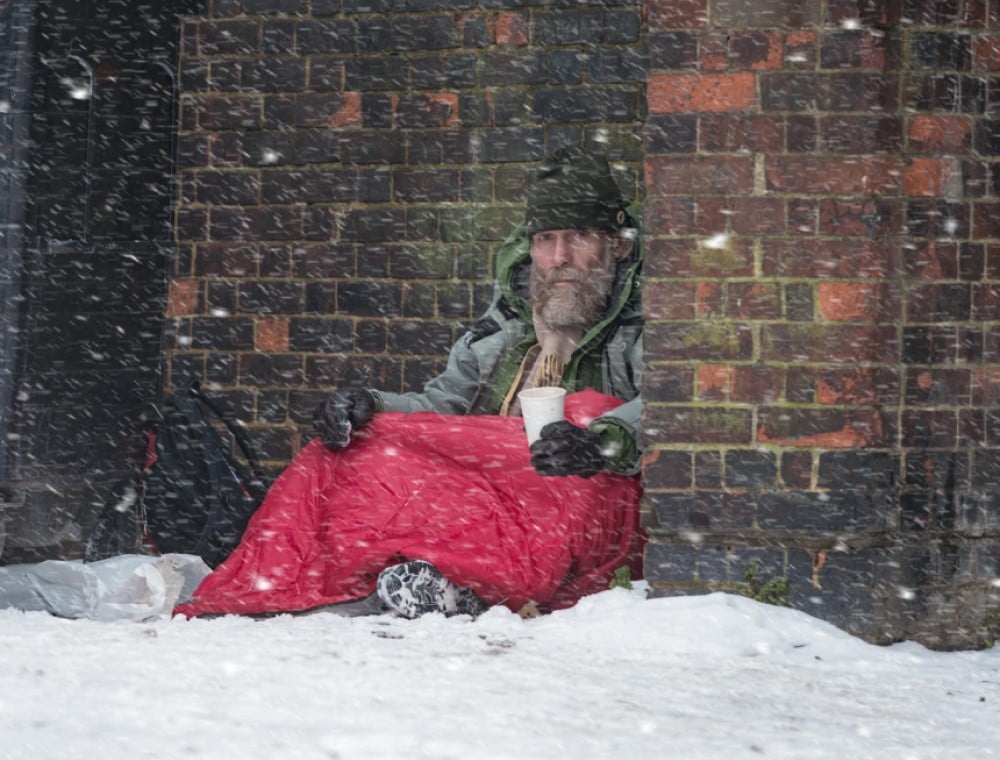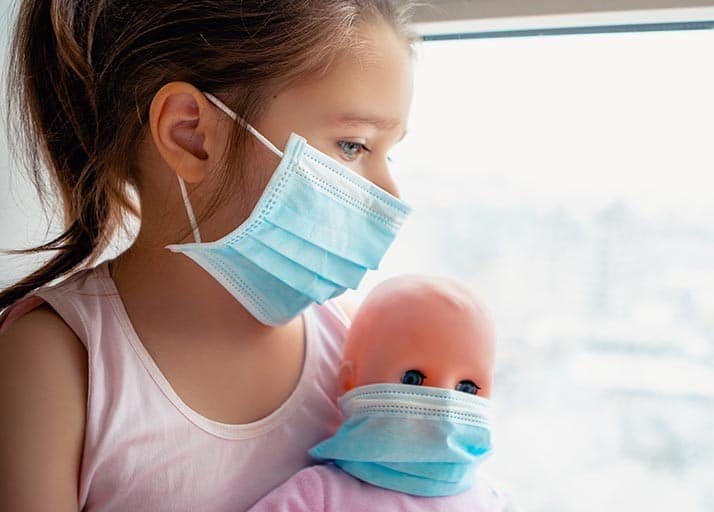

According to CNN Trusted Source How much sleep do children need? - CNN Every parent knows that children need sufficient sleep to stay healthy and do well in school. But exactly how many hours of sleep do children of different ages need per day? edition.cnn.com , teenagers should sleep for an average of 8 to 10 hours. Sufficient sleep is a critical part of healthy development and has been linked to improved physical health, behavior, memory, quality of life, emotional regulation, attention, and mental health. Lack of sufficient sleep, on the other hand, causes adverse health problems such as mental health issues, hypertension, diabetes, and obesity.
Unfortunately, school-going teenagers are not getting enough sleep, and schools are partially to blame. All factors considered, including homework, entertainment, socialization, etc., teens are left with less than 6 hours of sleep which could be detrimental to their mental health.
McGill University conducted a study that had interesting results. During the COVID-19 pandemic, there was a high correlation between high dress levels and poor sleep. Teenagers also got more sleep compared to the pre-pandemic period, and this was mainly due to changes in their daily routine that were caused by the lockdown. These changes made it easier for teenagers to yield to their biological impulses to sleep early and wake up later, reducing instances of daytime drowsiness.
This study was aimed at exploring how the COVID-19 pandemic impacted sleep behavior and mental health. It was published in Child and Adolescent Psychiatry and Mental Health Trusted Source Pre-pandemic sleep behavior and adolescents’ stress during Covid-19: a prospective longitudinal study | Child and Adolescent Psychiatry and Mental Health | Full Text To prospectively document changes in adolescents’ sleep before versus during the COVID-19 pandemic, and to examine their impact on adolescents’ perceived stress. Sixty-two typically developing adolescents participated in the study before the COVID-19 pandemic in Canada. capmh.biomedcentral.com and revealed that if better sleeping habits are encouraged among teens, it could enhance their ability to manage & survive when crises strike. One of the university professors in the Department of Psychiatry highlighted that this presented schools with a unique opportunity to actively support their students’ mental health. They could do this by implementing delayed school start times to give students enough time to sleep.
One of the positive outcomes of the pandemic is that teenagers experienced a significant shift in their sleep patterns. Their sleep time and wake-up schedules changed, and they got up to 2 more hours of sleep. This increased sleep, even though it seems inconsequential, reduced the need for teens to use their weekends catching up on lost sleep.
This could be attributed to the cancellation of extracurricular activities, delayed school start times, and the elimination of the morning commute. These changes allowed teenagers to stick to their biological rhythms when it came to sleep, giving them more usable hours during the week. Ordinarily, teenagers have to sacrifice their sleep to catch up with the syllabus and fulfill their obligations.
According to Forbes Trusted Source How Sleep Deprivation Affects Your Health – Forbes Health Sleep deficiency can interfere with work, school, driving and social functioning. www.forbes.com , sleep deprivation can cause long-term health damage and interfere with social functioning. The researchers at McGill University discovered that there was a link between teenagers’ level of perceived stress when the pandemic struck and the amount of sleep they were getting pre-pandemic. Douglas Research Centre’s Director of the Attention, Behaviour and Sleep Laboratory, Gruber, highlighted that teenagers that were highly stimulated during bedtime and had shorter durations of sleep experienced high-stress levels. Those that had longer sleep were able to cope significantly well.
The lack of sufficient sleep among teenagers was already a cause for global concern before the pandemic, and mental health issues will continue to elevate if the underlying issues are not addressed. The good news is that most of the poor sleeping habits are easily modifiable.





